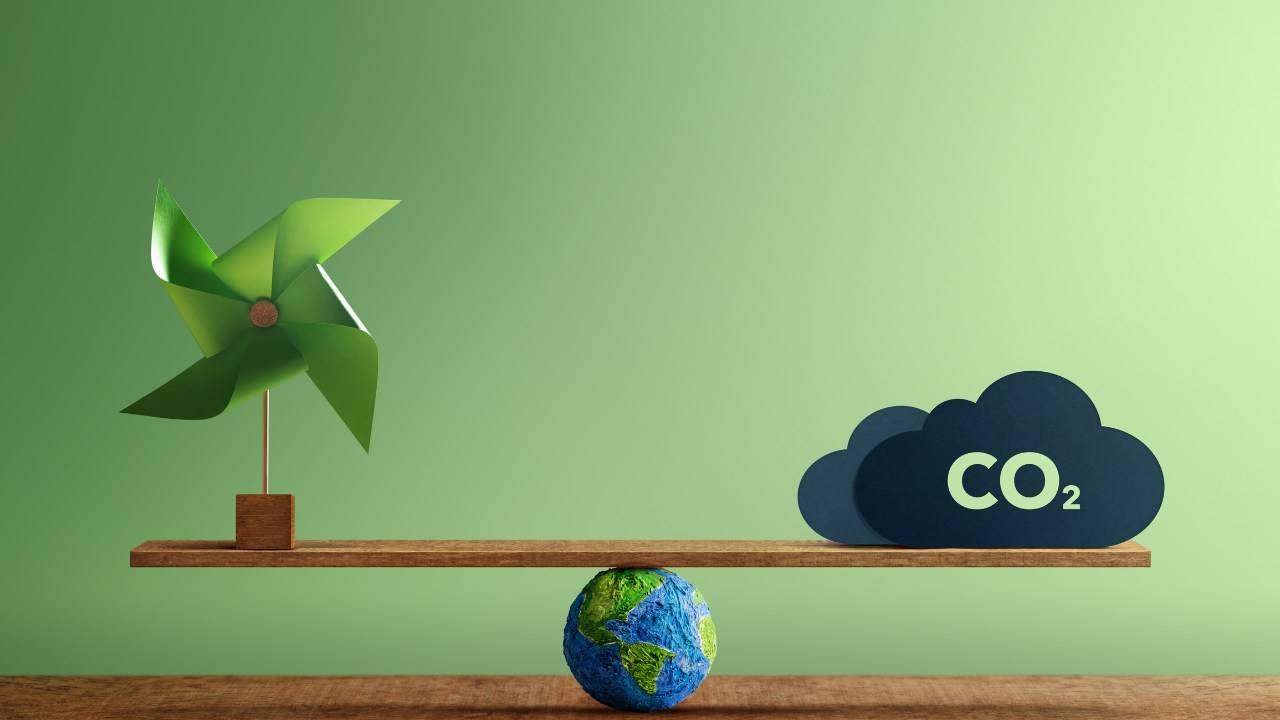Japanese corporations, in a significant collaboration with Malaysia’s Petronas, are set to establish a carbon capture and storage (CCS) facility, anticipated to commence operation by the end of 2028. Japan Petroleum Exploration Co (JAPEX) announced this landmark initiative on Monday, marking a crucial step in Japan’s journey towards carbon neutrality by 2050.
As part of its broad environmental strategy, Japan is keenly developing a variety of renewable and alternative energy sources. These range from hydrogen and ammonia to solar and wind power, with CCS technology playing a pivotal role. The country has set ambitious targets for carbon neutrality, with CCS viewed as a key component in achieving these goals.
JAPEX, alongside JGC Holdings Corp and Kawasaki Kisen Kaisha, or K Line, will collaborate with Petronas, Malaysia’s state-controlled energy firm, in this project. The partnership aims to initiate the front-end engineering design in the coming year. The project’s objective is to inject and store CO2 emissions from both Japan and Malaysia in depleted oil and gas fields off the Malaysian coast.
While JAPEX has not disclosed a specific cost estimate, the scale of the project is significant. Plans include the injection of at least 2 million metric tons of CO2 annually at the outset. This amount is expected to increase to 5 million tons per year by the end of this decade and exceed 10 million tons in the early 2030s.
Japan’s commitment to CCS technology is underlined by its earlier announcement this year, setting a target for an annual CO2 storage capacity of 6-12 million tonnes by 2030. This goal forms part of a long-term roadmap for CCS, a technology that captures CO2 emissions from the atmosphere and stores them underground, thereby mitigating the impact of these emissions on global warming.
This collaboration between Japanese companies and Malaysia’s Petronas is not just a testament to the technological advancements in CCS but also a reflection of the growing international cooperation in tackling the global challenge of climate change. The project is expected to be a cornerstone in the region’s efforts to transition to a more sustainable and environmentally friendly energy landscape.
More inspiring green news similar to this:

